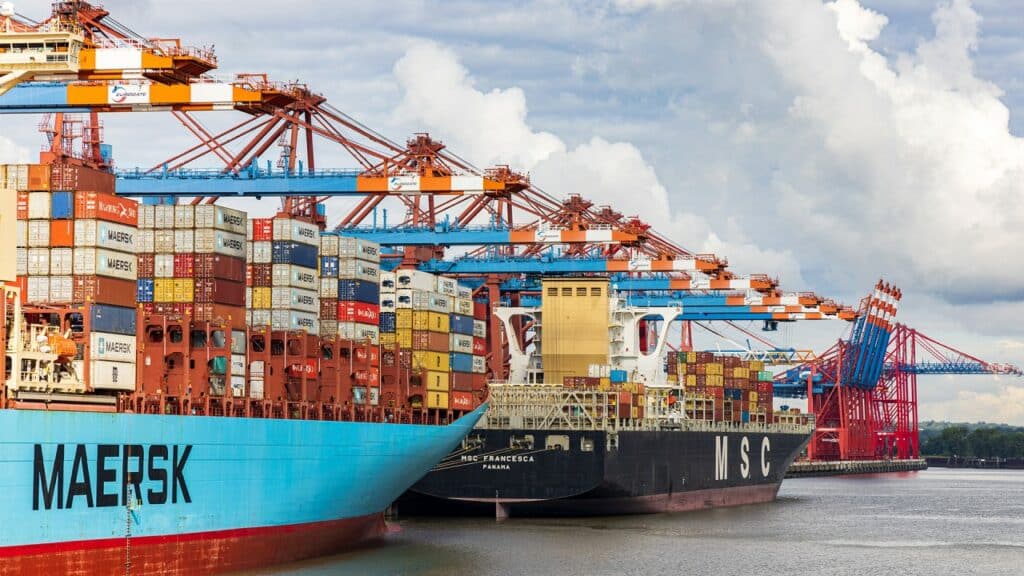Bill of lading as an important evidence of property rights, the lost bill of lading will directly affect the flow of goods, payments, containers, so that the cost of goods transportation related to increase, the interests of the parties concerned, the consequences will be unimaginable.
This article will introduce the impact of the lost bill of lading and how to deal with the loss!
Detailed information on bills of lading:

Lost bill of lading impact
Lost bill of lading impact for consignee
Unable to take delivery
In the absence of special agreement between the parties to the transportation, even if the consignee under the bill of lading clearly proves its identity as the consignee, the carrier still has the right to refuse to deliver the goods without receiving the original bill of lading. In this way, the bill of lading is lost will directly affect the consignee’s qualification and time of delivery.
In addition, due to the loss of the original bill of lading caused by the delay in picking up the goods and many of the costs still exist, such as, yard fees, container overtime fees and other terminal / shipping company fees, the consignee still need to pay.
Lost bill of lading on the consignor
Inability to collect payment
Generally speaking, the original bill of lading is the shipper’s proof that the goods have been loaded on board the vessel for shipment, and the consignee is required to pay the payment of the important evidence of the goods. Once lost, the shipper will face the risk of goods out of control, the payment of goods can not be recovered.
Even may have to bear the goods can not be timely withdrawal of the port of destination of the costs incurred.
How to minimize the risk of lost bill of lading related video:
Lost bill of lading on the shipper
Facing the risk of no one to pick up the goods
After the carrier issues the bill of lading and delivers it to the shipper, the loss of the bill of lading has nothing to do with the carrier. In the event that the shipper fails to provide sufficient security to meet the carrier’s requirements to protect or eliminate the risk of release of the goods without a bill of lading or the reissuance of a bill of lading, the carrier will insist on following the rule of delivery against the original bill of lading and refuse to deliver the goods.
If as a result, no one picks up the goods at the port of destination, the carrier can still claim for the related costs and losses from the shipper/consignee.
Generally lost bill of lading in the following ways
- Lost under the control of the exporter.
- Lost at the issuing bank after the exporter sends the documents to the issuing bank.
- Lost after the issuing bank hands over the documents to the courier company.
- Courier company delivered to the negotiating line after the loss.
- Negotiating bank to the consignee after the loss

How to minimize the risk of lost bill of lading
Notify the relevant persons
When a bill of lading is lost, the following people need to be contacted: freight forwarder, carrier (shipping company), buyer (consignee). The contact needs to be made at the first instance and it is recommended to use official documents, fax/email contact.
Public notice and reminder
In the municipal newspaper for three consecutive days, declaring that the bill of lading has been lost, this for the later signing of the deposit agreement to make preparations for the goods.
Preparation of letter of guarantee
The shipping company (carrier) will normally issue a letter of guarantee for the loss of the bill of lading, fill in the bill of lading number, box seal number and other information according to the requirements, stamped with the original seal and send it back to the shipping company.
Sign a deposit agreement
In the case of a newspaper statement and submitted to meet the requirements of the lost letter of guarantee, you can sign a deposit agreement with the shipping company (carrier) to release the goods.
Submission of deposit
Submit the deposit according to the agreement and requirements, the industry practice will generally require the deposit is 2-3 times the value of the goods, the time of impoundment is one to two years. Negotiation on trading conditions is also a test of negotiation ability of all parties.
Aftermath of miscellaneous port charges
Xiongda helps you ship from China to USA faster,easier,cheaper,safer.Your trusted shipping agent.

